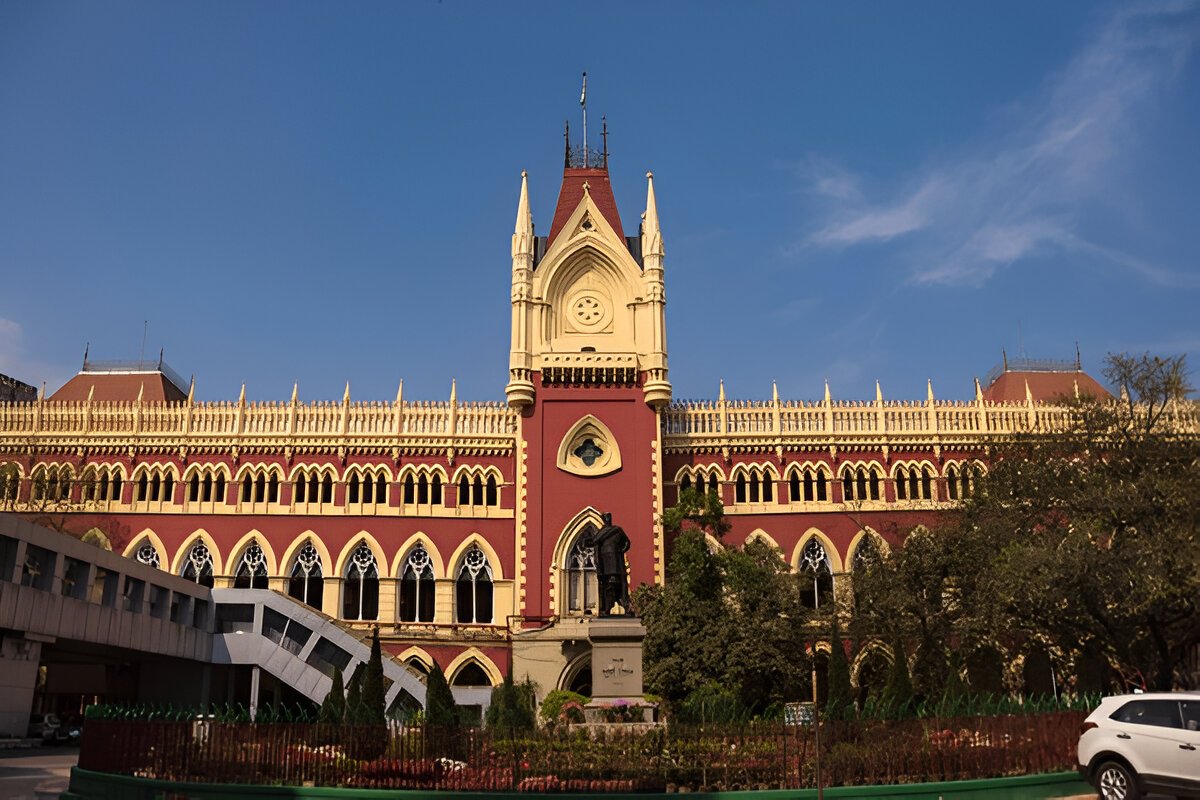A Bench Comprising Justice Dipankar Datta and Justice Manmohan
Introduction
The Supreme Court, on May 9, 2025, refused to interfere with the judgment of the Calcutta High Court which held that CCTV cameras cannot be installed inside a residential property without the consent of all co-occupants. This case revolves around a dispute between two brothers regarding the installation of CCTV cameras in their shared residential space, leading to a legal challenge based on privacy and property rights.
- Article 21 - Protection of Life and Personal Liberty
- Right to Privacy (as declared in K.S. Puttaswamy (Retd.) vs. Union of India AIR 2017 SC 4161)
Facts
The dispute in this case arose between two brothers, Indranil Mullick (petitioner) and Shuvendra Mullick (respondent). The petitioner objected to the installation of CCTV cameras inside the residential portion of their shared building, which the respondent sought to do for security purposes, citing the need to protect valuable property and rare antique collections in the house. The petitioner argued that the installation of these cameras infringed upon his right to privacy.
The Calcutta High Court had earlier ruled that installing CCTV cameras without the consent of all co-occupants or co-trustees violated the right to privacy guaranteed under Article 21 of the Indian Constitution, which protects the right to life and personal liberty, including personal privacy. The court ordered the removal of five CCTV cameras that had been installed without the petitioner’s consent.
You can also read the latest judgment of DK BASU V. STATE OF WEST BENGAL
For more information, visit [Aashayein Enquiry Section]
Issues
- Whether the installation of CCTV cameras inside a residential property without the consent of all occupants is a violation of the right to privacy.
- Whether the installation of CCTV cameras in shared residential spaces amounts to an infringement of an individual's property rights and dignity.
- The constitutional validity of the right to privacy in such a context.
Contention of Petitioner
The petitioner, Indranil Mullick, argued that the installation of CCTV cameras in the residential part of their shared property violated his fundamental right to privacy and personal liberty under Article 21 of the Indian Constitution. The petitioner contended that the cameras' installation restricted his enjoyment of his property and infringed upon his dignity as a co-occupant without his consent.
The petitioner also claimed that the respondent’s unilateral decision to install the CCTV cameras was an unwarranted intrusion into his personal space and violated his rights under the Right to Privacy Judgment (K.S. Puttaswamy vs. Union of India).
Contention of Respondent
The respondent, Shuvendra Mullick, argued that the installation of CCTV cameras was essential for the security of the house, especially to protect valuable property, including antique items, which required constant vigilance. The respondent claimed that the CCTV cameras were necessary to safeguard their shared property and had no intention to invade the privacy of the petitioner. The respondent also contended that such measures were justified as part of personal and property security, particularly in a shared residential building.
Court’s Analysis
The Calcutta High Court emphasized that Article 21 of the Indian Constitution guarantees the right to privacy as a fundamental right. The court referenced the K.S. Puttaswamy (Retd.) vs. Union of India case, which unanimously upheld the right to privacy as an intrinsic part of the right to life and personal liberty. The court highlighted that the dignity, autonomy, and identity of an individual must be respected, and such measures like installing CCTV cameras in a shared residential space would violate an individual’s right to free enjoyment of property and their right to privacy.
The High Court also pointed out that the installation of the cameras, without the consent of all co-occupants, amounts to a restriction of personal freedom and property rights, thereby constituting an infringement on the petitioner’s fundamental rights.
The court made a clear distinction between security concerns and the potential for privacy violations, underlining that security measures must respect personal autonomy and privacy.
Conclusion
The Supreme Court dismissed the Special Leave Petition (SLP) filed against the Calcutta High Court’s judgment, upholding the decision that CCTV cameras cannot be installed in a shared residential property without the consent of all co-occupants. The Court affirmed that such an act would infringe upon the right to privacy and the fundamental right to enjoy property freely, as guaranteed under Article 21 of the Indian Constitution.

